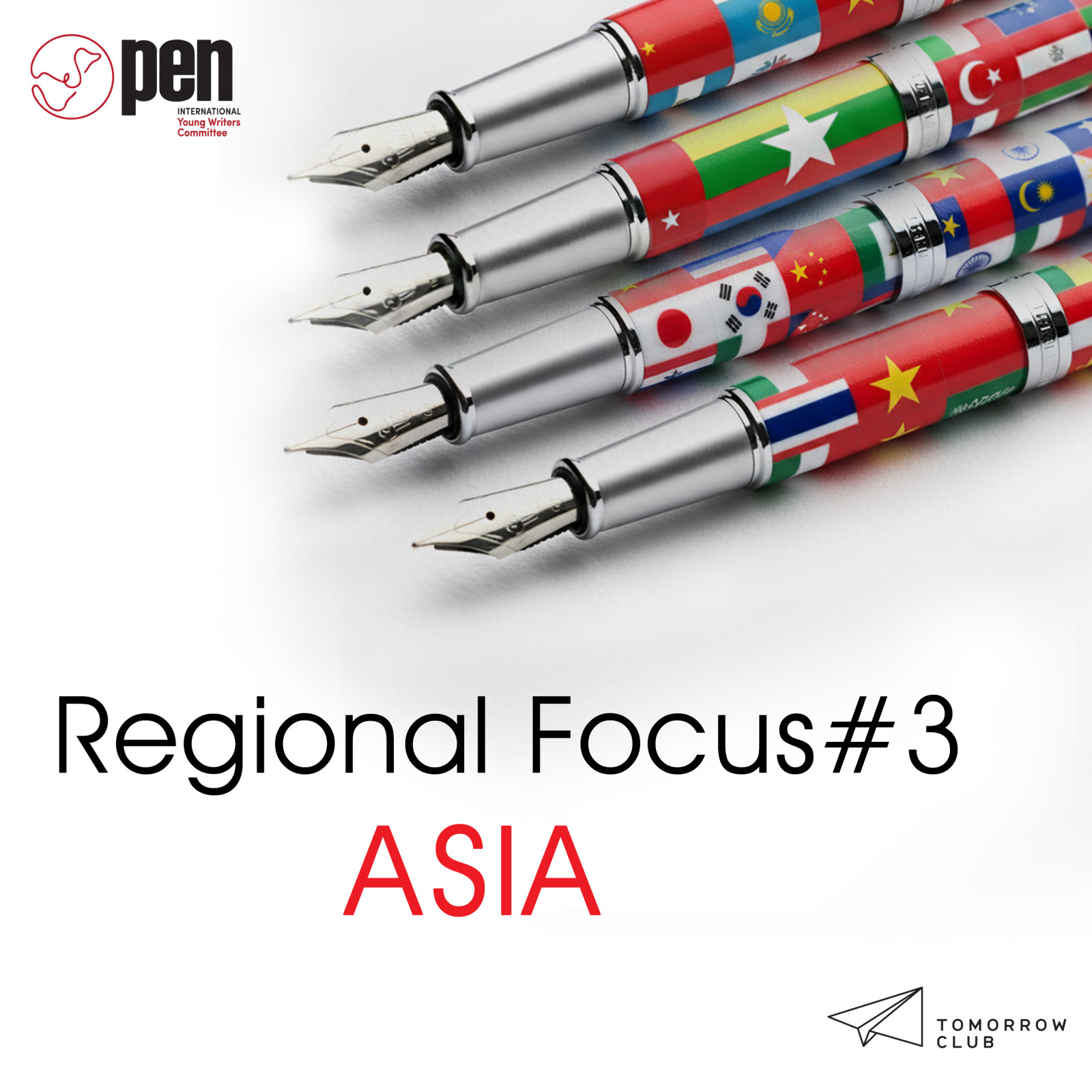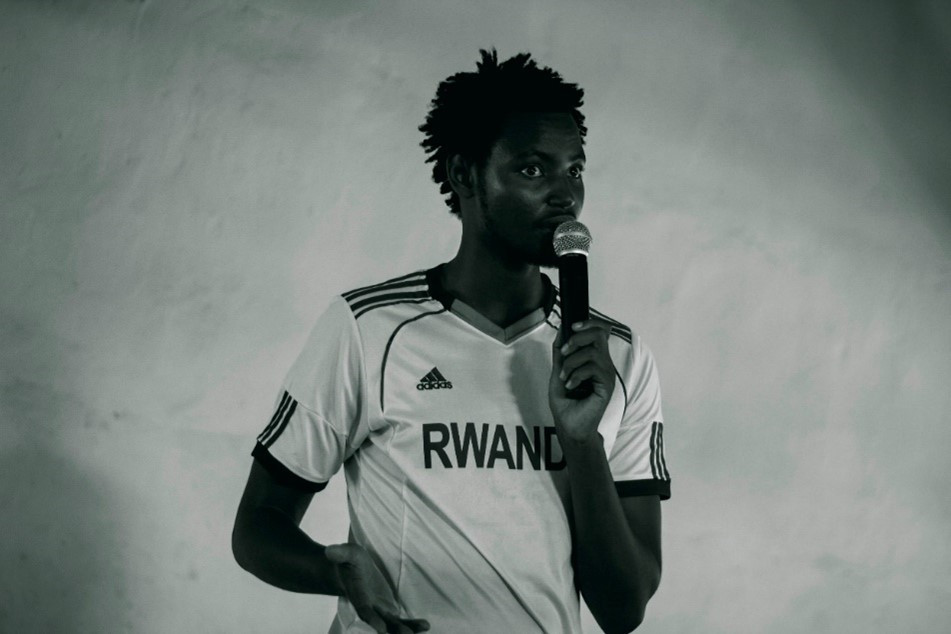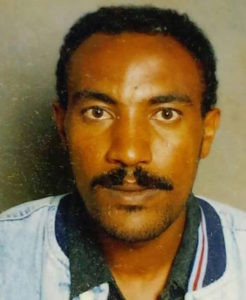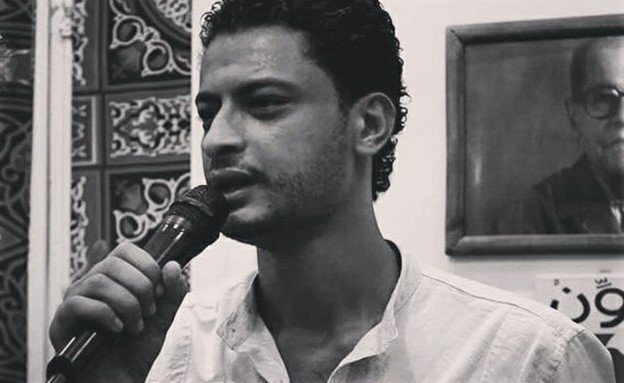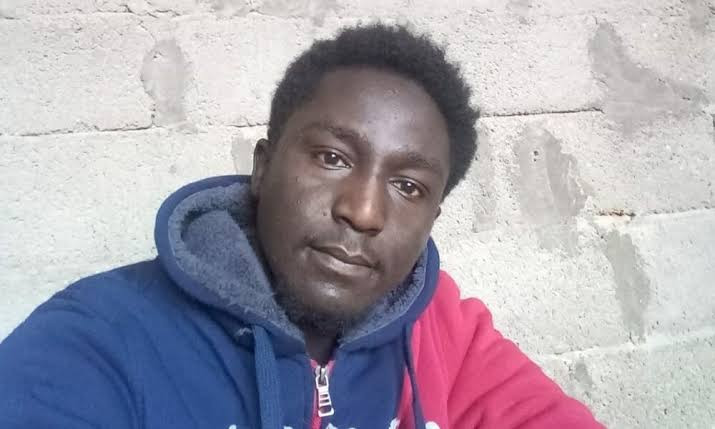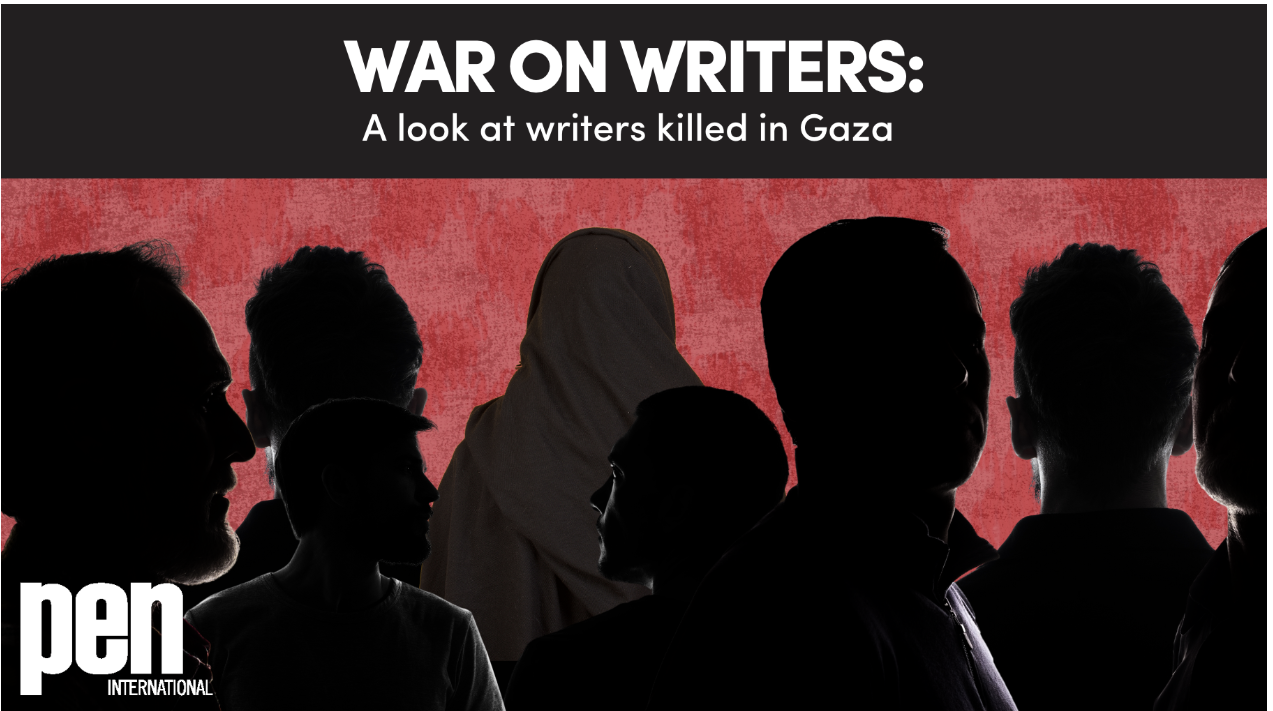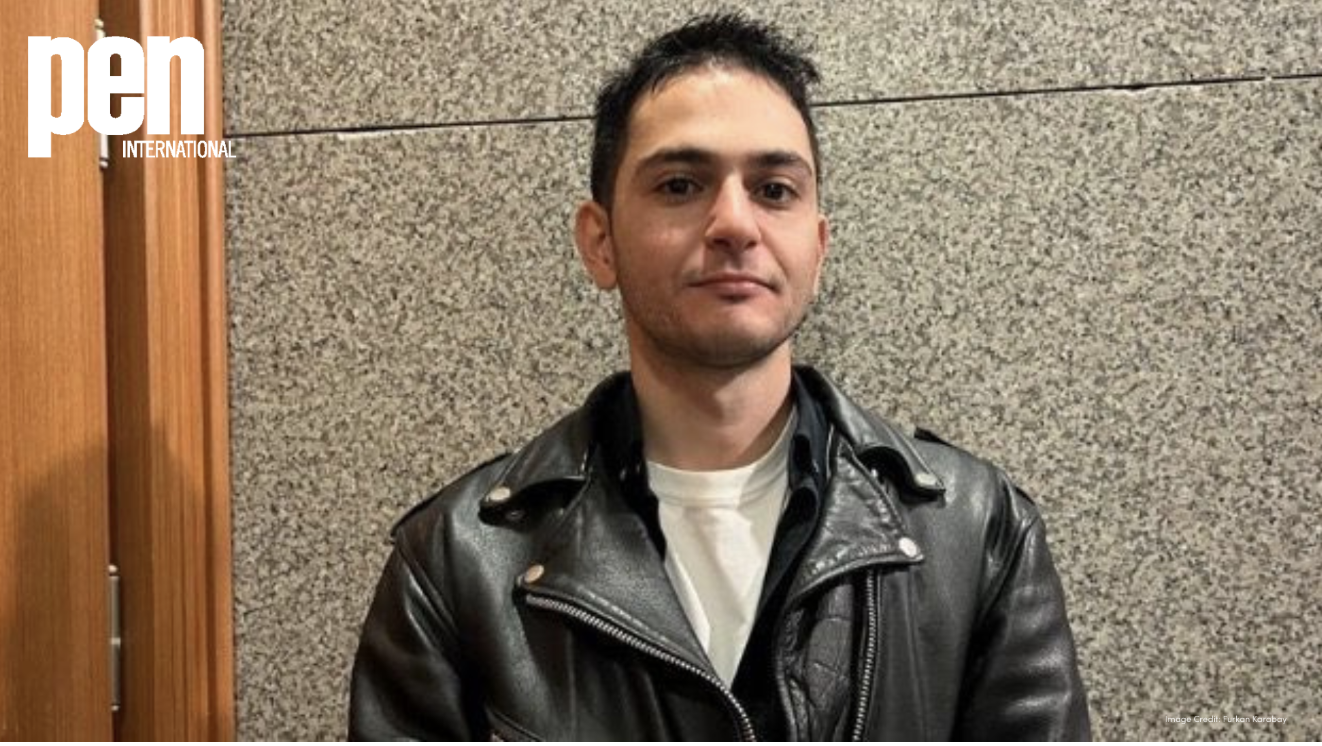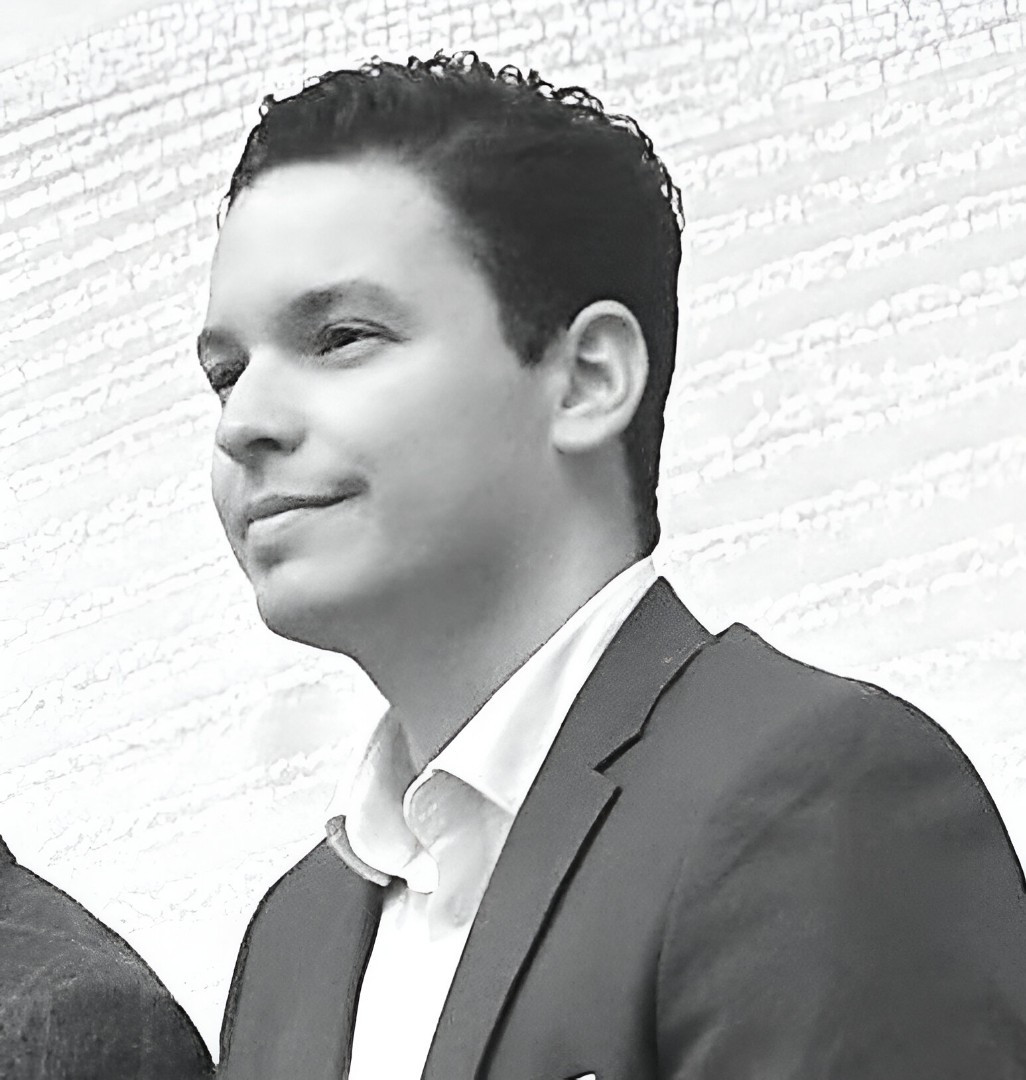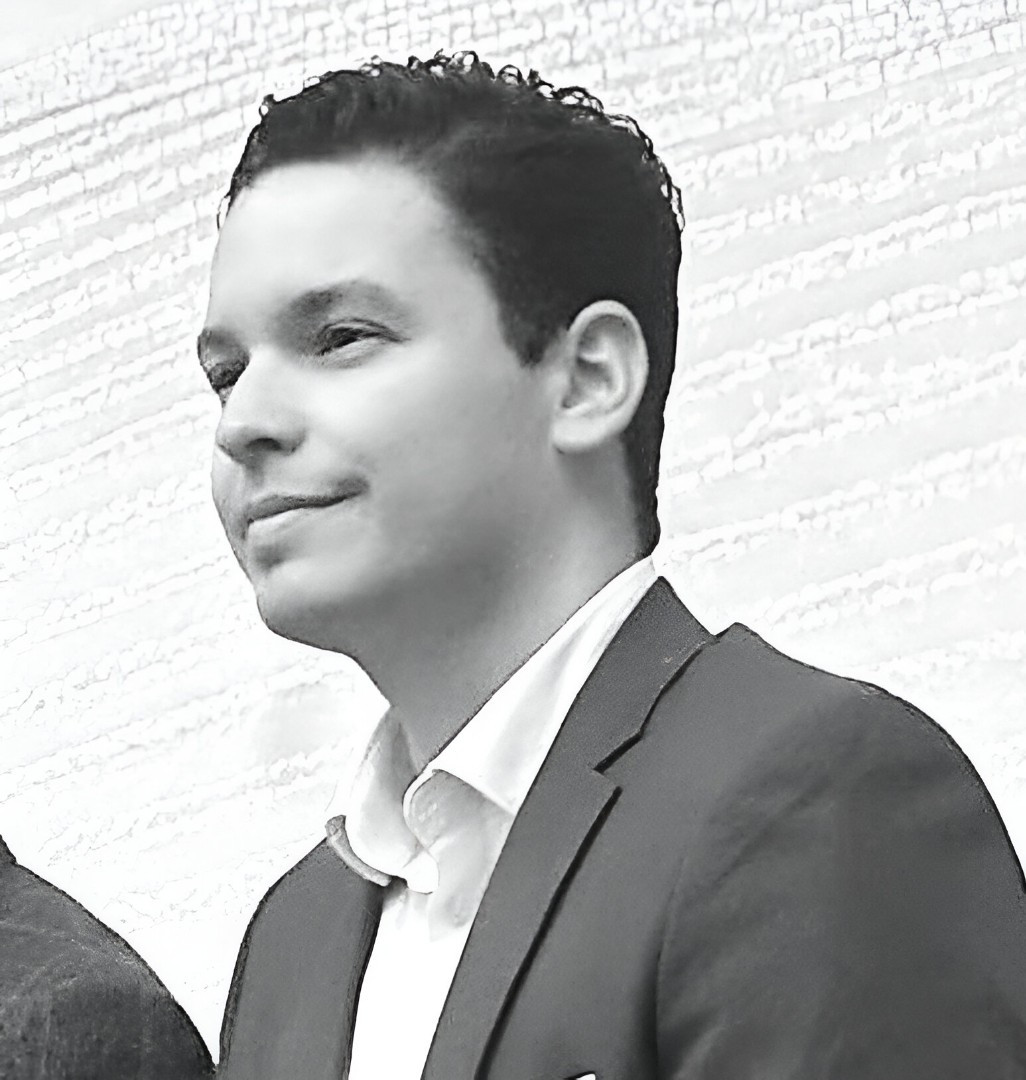Educated at Jawaharlal Nehru University (JNU), where he was a PhD scholar in history, Khalid’s academic work reflects a deep engagement with questions of marginality, justice, and human rights. His scholarship is rooted in careful research and critical thought, and form the basis of his larger moral positions about equality, freedom, and the meaning of democracy.
Far from the caricature sometimes painted by political opponents, Umar Khalid is neither an extremist nor violent. He has consistently championed non-violence and dialogue as the means to social change. In his speeches and writings, he insists that dissent must remain anchored in compassion and reason.
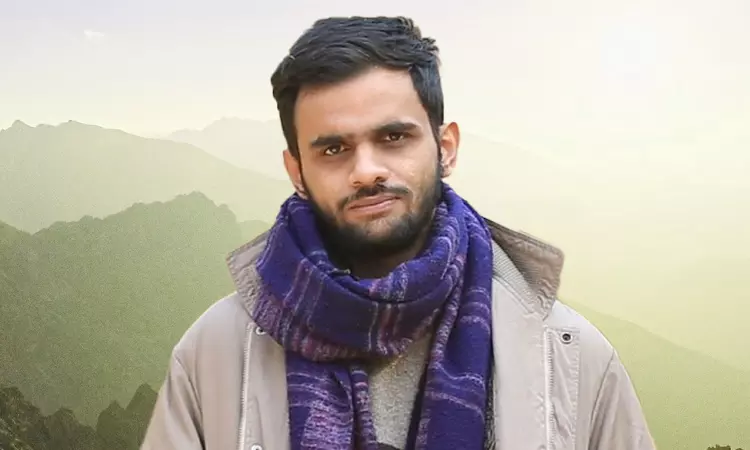
Even in the face of vilification, incarceration, and long stretches of isolation, Khalid’s tone has remained remarkably measured. He is not vengeful, but reflective; not bitter, but humane. His belief that the language of justice must also be the language of empathy defines his public voice.
In September 2020, Khalid was arrested under India’s Unlawful Activities (Prevention) Act (UAPA) in connection with the communal violence that broke out in Delhi earlier that year. He was accused of being part of a “conspiracy” behind the violence. He and his supporters have consistently denied the charges. Human rights groups, scholars, and journalists have argued that the case against him relies more on conjecture than on credible evidence, pointing out that his public speeches explicitly called for peace and non-violence. Despite these appeals, courts have repeatedly denied him bail, citing the seriousness of the charges under the stringent anti-terror law. That statute often criticised for its vague provisions and for allowing prolonged detention without trial.
As a writer and commentator, Khalid brings rare sensitivity to questions of citizenship, pluralism, and belonging. He reminds his readers that behind every law, slogan, or headline are real people with complex lives. His prose carries a quiet conviction that India’s greatest strength lies in its diversity and dissenting traditions.
Umar Khalid has endured adversity with grace. His example speaks to a generation that believes in questioning without hatred, resisting without violence, and imagining a more just world without losing hope. In a time when outrage often drowns out reflection, Umar Khalid remains a testament to the power of ideas, integrity, and unwavering non-violence.
Excerpt from his essay can be read below, published in For, In Your Tongue, I Cannot Fit, (Context, 2022), edited by Shilpa Gupta and Salil Tripathi, Board Member at PEN International and Advisor to our Asia Spotlight.
